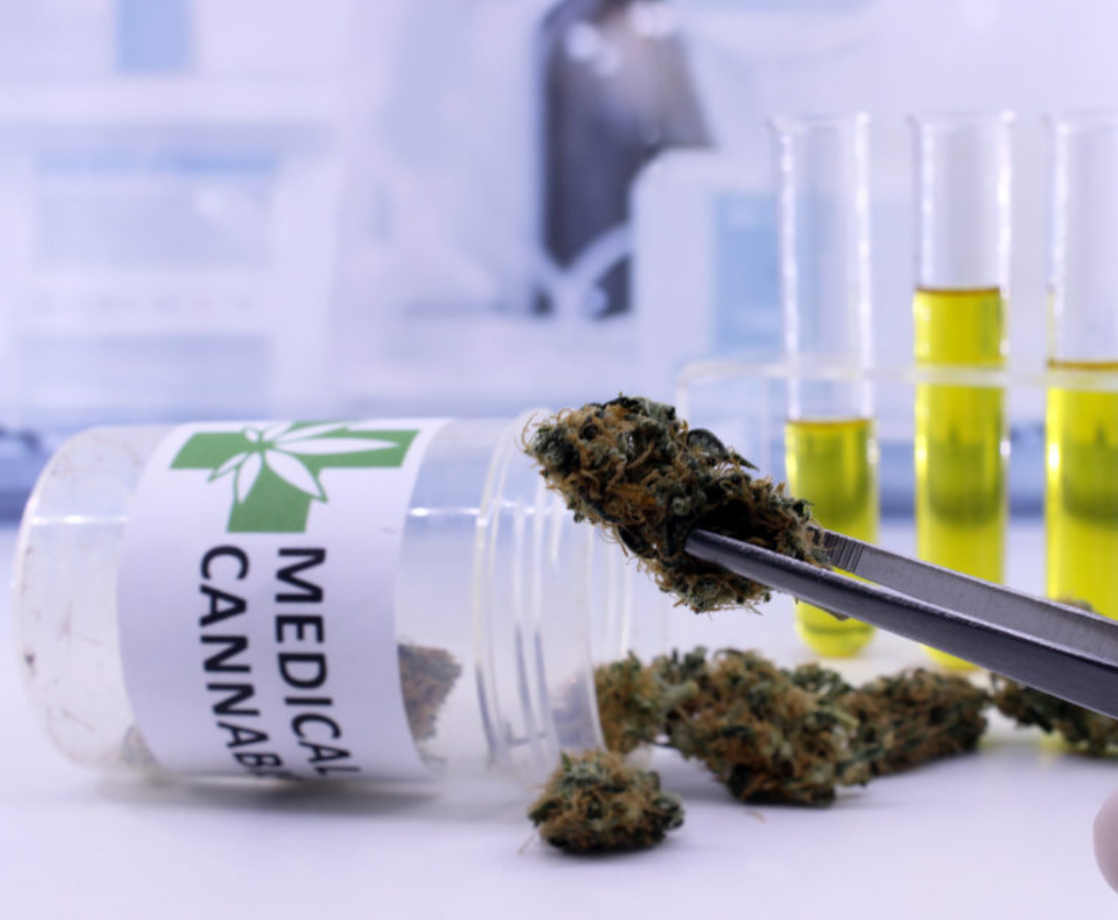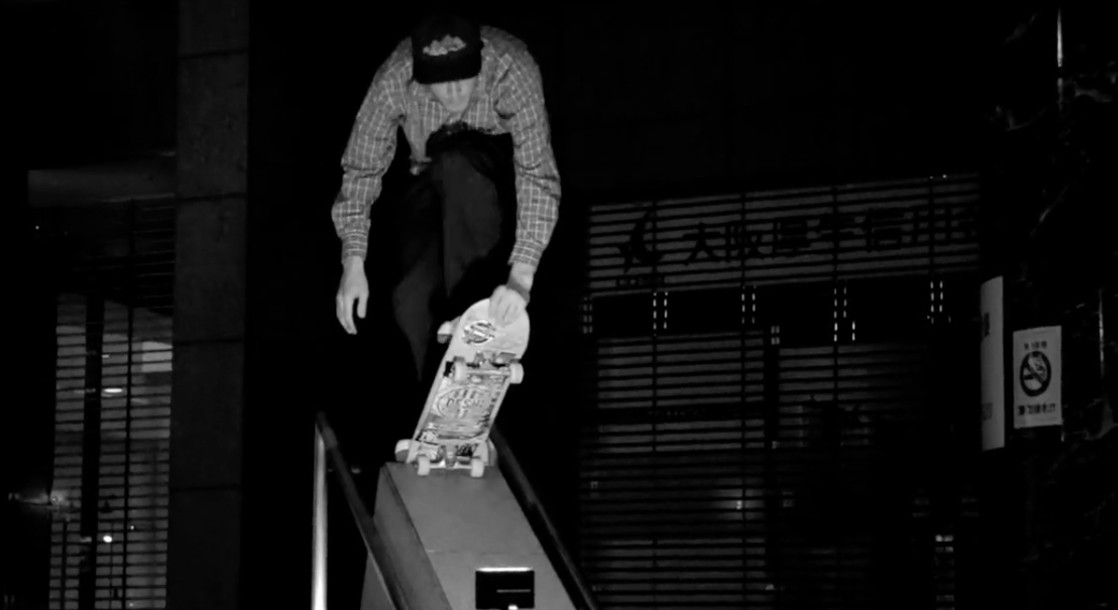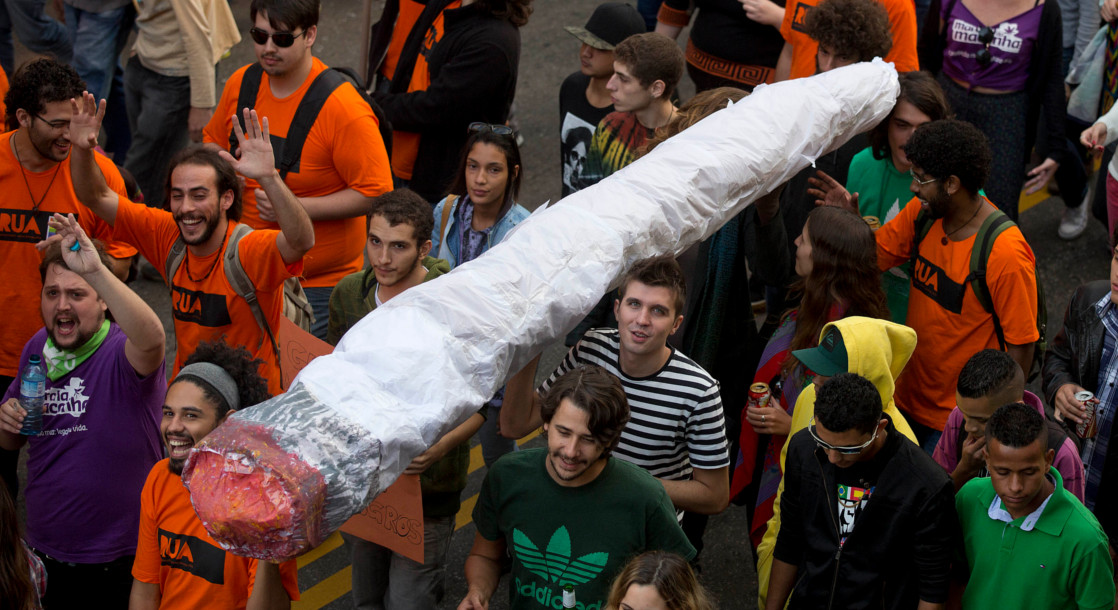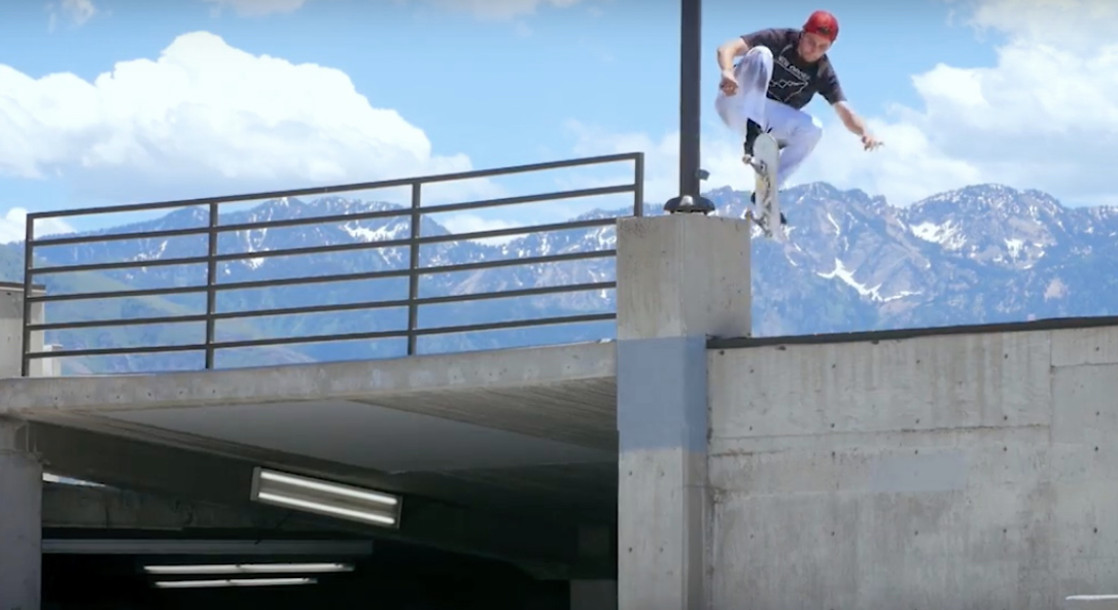There’s a reason that Texas’s state motto is “Friendship.”
In a move that effectively extends an olive (or a weed?) branch from the Lone Star State’s government to its people, Texas’s crime labs will no longer test cannabis seized for mere low-level possession cases. Essentially, the state is letting anyone caught with weed (or hemp) off the hook, so long as possessing small amounts is the only crime involved.
The new policy only applies to state-run crime labs managed by the Texas Department of Public Safety. Under state legislation approved last year that legalized hemp, DPS lost all funding for drug testing cannabis samples seized under misdemeanor charges such as mere possession. However, the state can still expend its resources to test cannabis seized through felony charges, such as trafficking.
“It is yet another unfunded mandate, and it’s another hurdle to successfully prosecuting these cases,” Shannon Edmonds, the director of governmental relations at the Texas District and County Attorneys Association, told the Texas Tribune.
The legalization of hemp created a hazy law enforcement situation in Texas. Hemp is cannabis that contains less than 0.3 percent THC, the compound in cannabis that causes intoxication. In other words, hemp is useless for getting anyone high, but it’s perfect for making certain medicinal products, foods, textiles, and other industrial goods. Marijuana, which is legally defined as cannabis that contains more than 0.3 percent THC, remains outlawed.
But here’s what makes the situation so sticky (icky) for cops and prosecutors: Since hemp and marijuana are basically the same plant, Cannabis sativa, no one can distinguish them by sight or smell alone. There are only two ways to test if the cops found marijuana or hemp: One, they could try smoking it (which would be awesome, but definitely illegal if it’s marijuana); or two, they have to send it to a lab to test its THC content. And Texas labs haven’t even yet rolled out a testing system that can distinguish hemp from marijuana, though it’s coming soon.
If state or local prosecutors cannot prove, with lab testing, that someone was caught with cannabis containing more than 0.3 percent THC, then there’s no case. The suspect walks. And given that testing a single sample of cannabis can run in the thousands of dollars each run, paying for every single instance where someone is caught with a dime bag just isn’t worth it anymore. In fact, across the board, pot prosecutions fell 66 percent after Texas legalized hemp.
At least, that’s how it works at the state level.
In reality, county and city cops are still prosecuting Texans simply caught with a baggie of weed. However, instead of relying on the state’s crime labs to test these cannabis samples, many local police departments are sending the samples to private labs. Getting tests from a private lab is insanely expensive, but it does demonstrate some cops’ dedication to ruining people’s lives over a harmless plant.
That said, sending weed samples to private labs, from here on out, will likely be a law enforcement privilege in Texas rather than a right. “At a minimum, it will affect rural law enforcement who don’t have the resources for this and rural prosecutors,” said Jackson County Sheriff AJ Louderback. He also noted that police departments in “midsize cities” and suburban communities would likely be unable to afford drug testing for misdemeanor pot crimes, as well.
So, we’re definitely not telling folks in Texas to avoid the bigger cities if you’re going to toke. But, y’know, you’ve just been educated now, too. Do what you will with that info.











